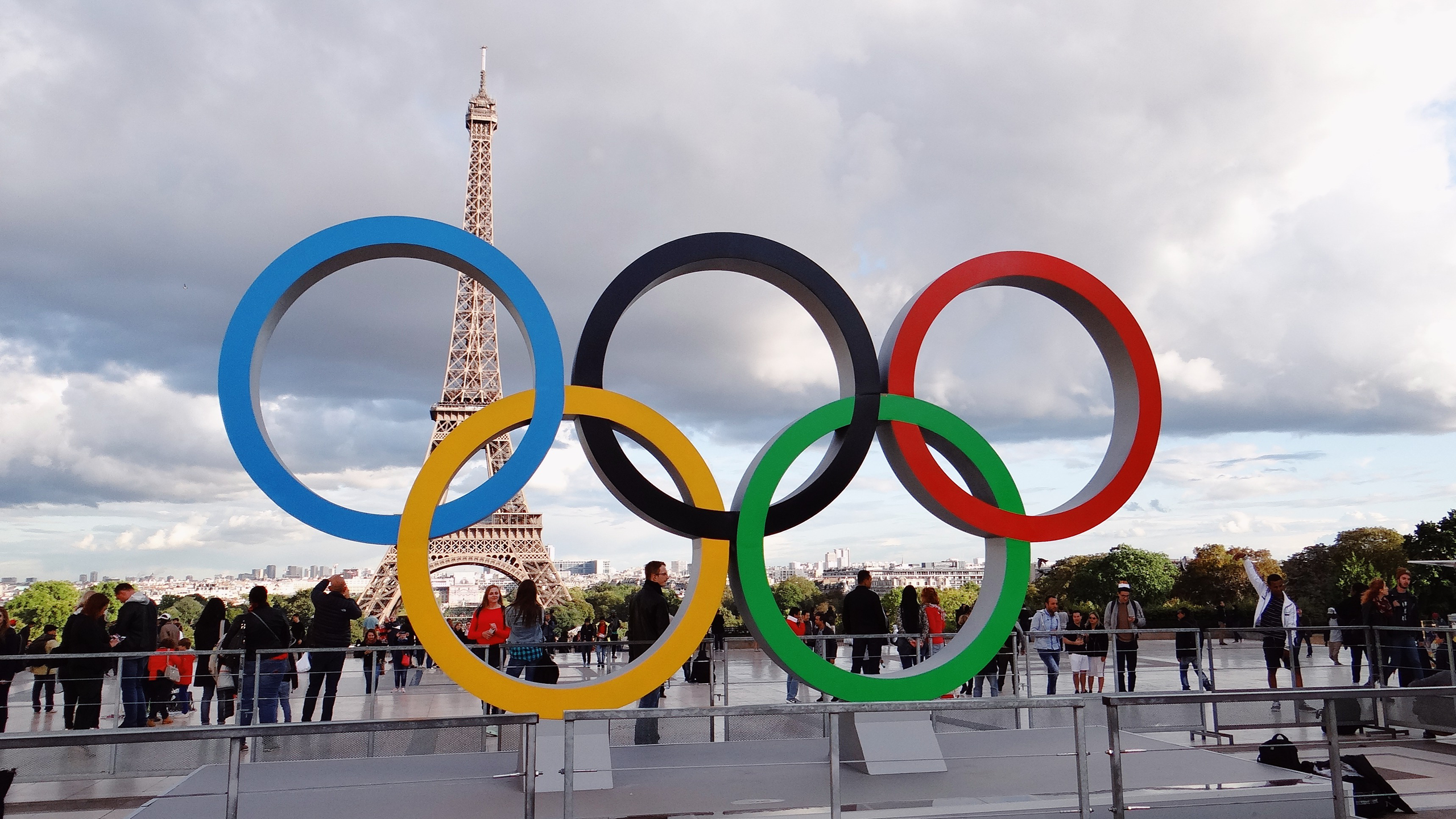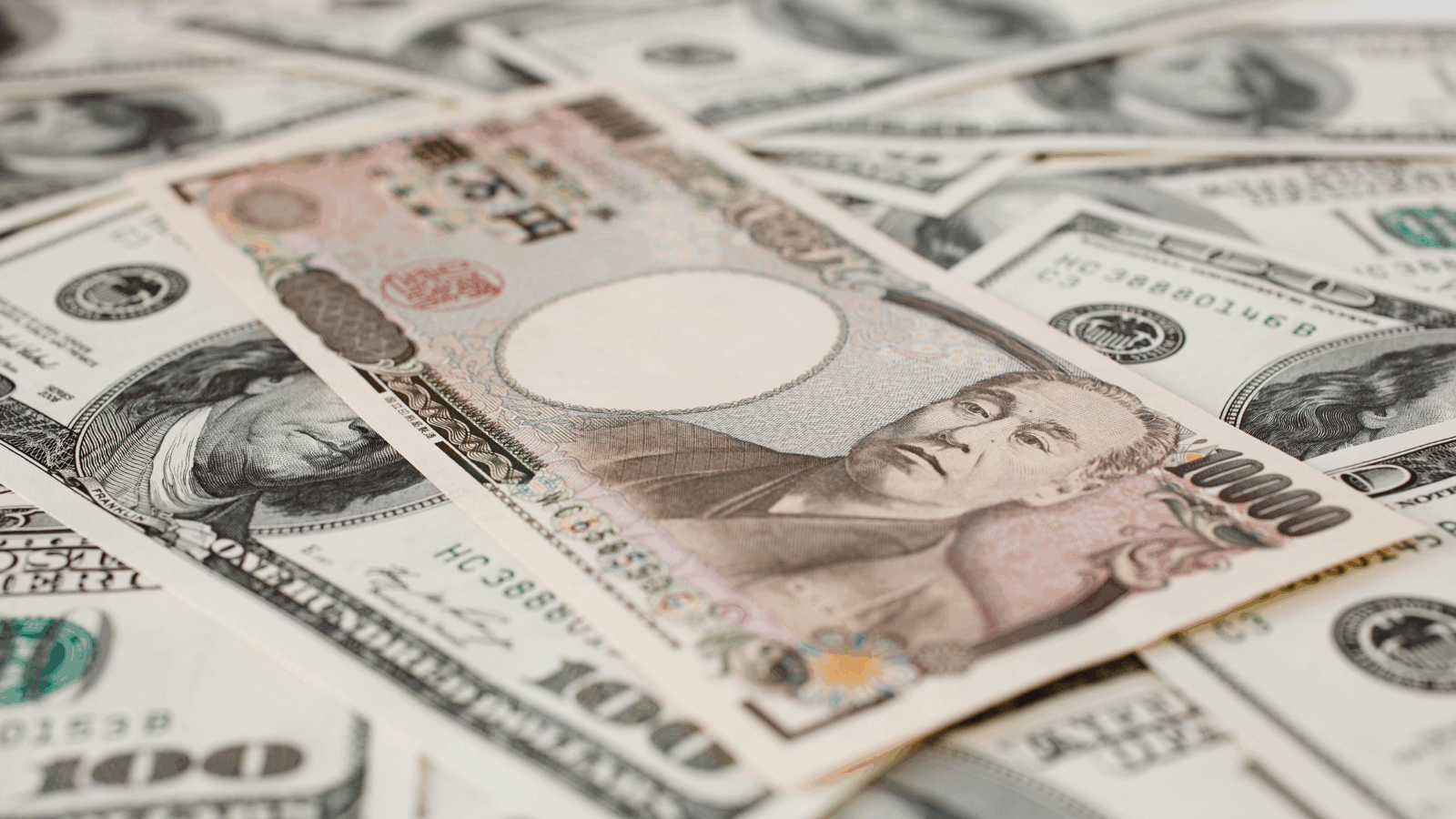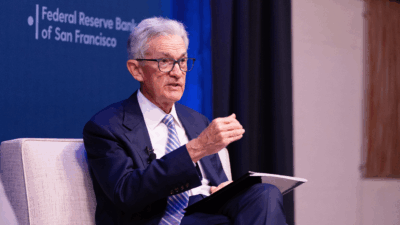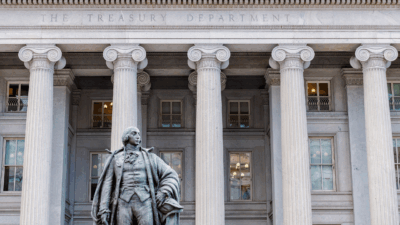Paris Olympics Begin With Economic Promise and Peril
Hosting the Olympic games is supposed to be an economic boon for any city. Early metrics, however, show Paris might not be so lucky.
Sign up for smart news, insights, and analysis on the biggest financial stories of the day.
The 2024 Paris Olympic Games kick off today with an elaborate opening ceremony that will see 8,000 athletes ferried by boat along the iconic River Seine and reportedly feature a duet by Lady Gaga and Céline Dion, the latter making a triumphant comeback performance after being diagnosed with a rare autoimmune and neurological disease in 2022.
What this grand opening spectacle won’t include is a nerdy breakdown of the Games’ economic impact. That’s what morning newsletters are for.
Tourist Trap
Earlier this month, France’s National Institute of Statistics said the Paris Olympic Games could contribute a one-time bump of 0.3% to the national GDP in the third quarter, helping push overall growth up to 0.5% from 0.3% in Q2. In May, economists at the University of Limoges estimated the Games could net between €6.7 and €11.1 billion ($7.3 to $12 billion) in economic benefits for the Île-de-France region that includes Paris.
To meet those targets, the Games will need to pull in robust tourism and sell lots of tickets. Early metrics, however, have proven far from golden. Paris je t’aime, the city’s tourism board, downgraded its estimate of tourists during the Games by four million to 11 million, something that’s already been felt on the ground:
- Pascal Mousset, president of the Groupement des Hôtelleries et Restaurations pour Paris et l’Ile-de-France, told Les Echos that this month restaurants in the Olympic security zone have reported a 70% to 80% drop in turnover, while in other parts of the city turnover is down 30%. Airlines including Air France-KLM and Delta have said they expect to miss out on hundreds of millions in business as crowd-averse tourists avoid booking flights to the city, the fifth most visited in the world last year according to Euromonitor.
- Tickets to the games themselves, meanwhile, are struggling to sell out; 8.8 million tickets had been sold as of Thursday, an Olympics record, but more than a million were still available and a Financial Times analysis earlier this week found over 250,000 unwanted tickets stuck on the secondary market with little demand.
Liberté, égalité, frugalité: Thanks to Paris’ existing high-quality infrastructure, costs have remained relatively low. The Paris Games’ price tag is expected to be around €8.9 billion ($9.6 billion), or 25% more than initial projections, according to S&P Global Ratings. The ratings agency noted that Rio de Janeiro’s 2016 Games and Tokyo’s 2020 Games went 350% and 280% over budget, respectively. Whatever the inflated final cost, Céline’s soprano is worth every penny.












